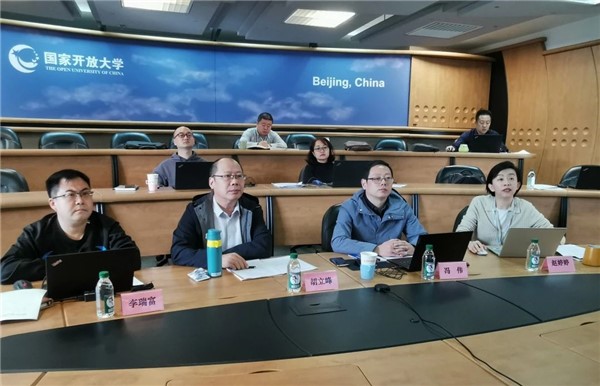 On 3 November 2013, General Secretary Xi Jinping introduced the concept of "targeted poverty alleviation" for the first time during his visit to Shibadong Village in Paibi Township, Huayuan County, within the Xiangxi Tujia and Miao Autonomous Prefecture of Hunan Province.
On 3 November 2013, General Secretary Xi Jinping introduced the concept of "targeted poverty alleviation" for the first time during his visit to Shibadong Village in Paibi Township, Huayuan County, within the Xiangxi Tujia and Miao Autonomous Prefecture of Hunan Province.
This idea has since provided a scientific framework and an effective approach for China's national fight against poverty. Since its introduction, General Secretary Xi Jinping has consistently offered significant insights and directives on targeted poverty reduction and elimination, tackling a range of critical issues in the anti-poverty arena profoundly. This initiative has propelled the development of anti-poverty theories with distinctive Chinese characteristics and has contributed greatly to global poverty alleviation efforts.

At the 10th anniversary of the targeted poverty alleviation initiative, the Open University of China (OUC) hosted the "Lectures by Famous Teachers from 100 Universities" event and an academic salon for its educational system through both online and offline platforms on 3 November 2023. Under the theme "Ten Years of Targeted Poverty Alleviation – Revitalisation through Education," the event focused on targeted poverty alleviation and rural revitalisation within industries. It featured prominent experts and emerging scholars from both inside and outside the OUC system, who shared their insights by integrating their disciplinary research and practical outcomes.
Feng Wei, deputy head and senior engineer at the Institute of Agricultural Products Processing Engineering under the Academy of Agricultural Planning and Engineering, presented a report titled "Comprehensively Advancing Rural Industry Cultivation within the Framework of Rural Revitalisation." Within his discourse, he outlined the pivotal elements and strategies for cultivating the rural industry as part of a broad initiative for rural revitalisation. His analysis spanned three tiers: the concept and essence of rural industry, case studies and insights from rural industry development, and the policies and initiatives designed to bolster rural industry growth.
Dr. Wen Lan and Li Ruifu illuminated paths for rural revitalisation through science and education, drawing on experiences in Hengdong County of Hunan Province and Weijiazhai Village of Hebei Province.
Feng Wei and Professor Hu Lifeng from the School of Agroforestry at OUC headquarters discussed the contributions of certain young teachers. They believe that becoming a leading socialist modernization country hinges on the modernization of agriculture and rural areas. Following the triumph in the national campaign against poverty, attention has historically shifted toward comprehensively promoting rural revitalisation. These teachers have remained grounded in grassroots research within the vast rural landscapes, reflecting their dedication to the national strategy for rural revitalisation. Looking ahead, the open university's faculty and students are encouraged to utilize the OUC platform and its inherent strengths, unleashing their potential through various means to significantly contribute to the rural revitalisation initiative.
Li Guangde, dean of the Faculty of Agroforestry and Medicine (Rural Revitalisation College) of the OUC headquarters, expressed his hope that the event would build consensus, motivate, and propel OUC system educators to advance disciplinary and teaching research. Furthermore, he wished to cultivate a robust academic environment that encourages students to remain engaged with rural communities and contribute significantly to the comprehensive revitalisation of these areas.
The meeting was presided over by Zhao Tingting, vice dean of the Faculty of Agroforestry and Medicine (Rural Revitalisation College) of the OUC headquarters.
By Cao Qinzheng, OUC